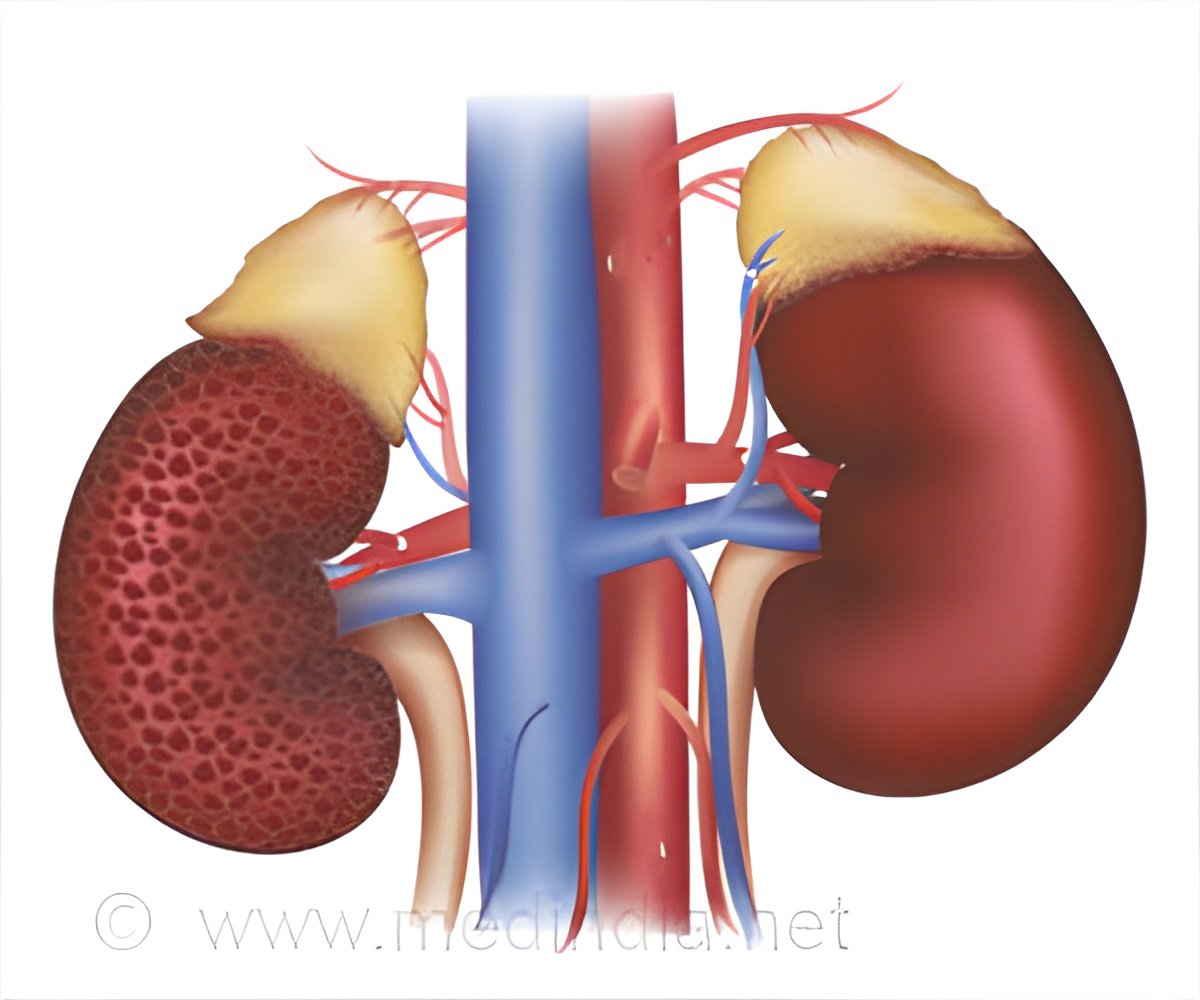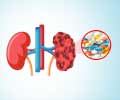Immune checkpoint inhibitors, may have negative consequences in some patients, including acute kidney inflammation, known as interstitial nephritis.

‘New study provides important, first-time data for clinicians and patients on the use of biomarkers to routinely evaluate the cause of acute kidney injury in patients undergoing immune checkpoint inhibitor therapy for cancer.’
Read More..




"In some patients, this enhanced immune response may target kidney tissue, leading to acute kidney inflammation known as interstitial nephritis."Read More..
Dr. Herrmann says a kidney biopsy is the gold standard to diagnose this condition. However, a kidney biopsy is an invasive procedure that some patients may not be able to undergo because of the risk of bleeding.
"Our study provides important, first-time data for clinicians and patients on the use of biomarkers to routinely evaluate the cause of acute kidney injury in patients undergoing immune checkpoint inhibitor therapy for cancer," says Dr. Herrmann.
"These biomarkers could assist with helping doctors discriminate treatment associated kidney injury from other causes and may also help aid clinical decision-making related to whether immune checkpoint inhibitor therapy should be continued if the injury found is not related to immunotherapy."
For this study, researchers followed patients who were seen at Mayo Clinic for acute kidney injury from 2014 to 2020.
Advertisement
"Being able to tell if acute kidney injury in a cancer patient is due to a certain type of cancer therapy without the need for an invasive test is extremely important," says Dr. Herrmann.
Advertisement
Dr. Herrmann says that being able to attribute acute kidney failure to a cause other than immune checkpoint inhibitor therapy allows patients to continue with their cancer immunotherapy, which can be lifesaving.
In addition, she says acute kidney failure has profound prognostic implications for patients and needs to be properly treated, so promptly identifying the cause is important.
Source-Eurekalert












